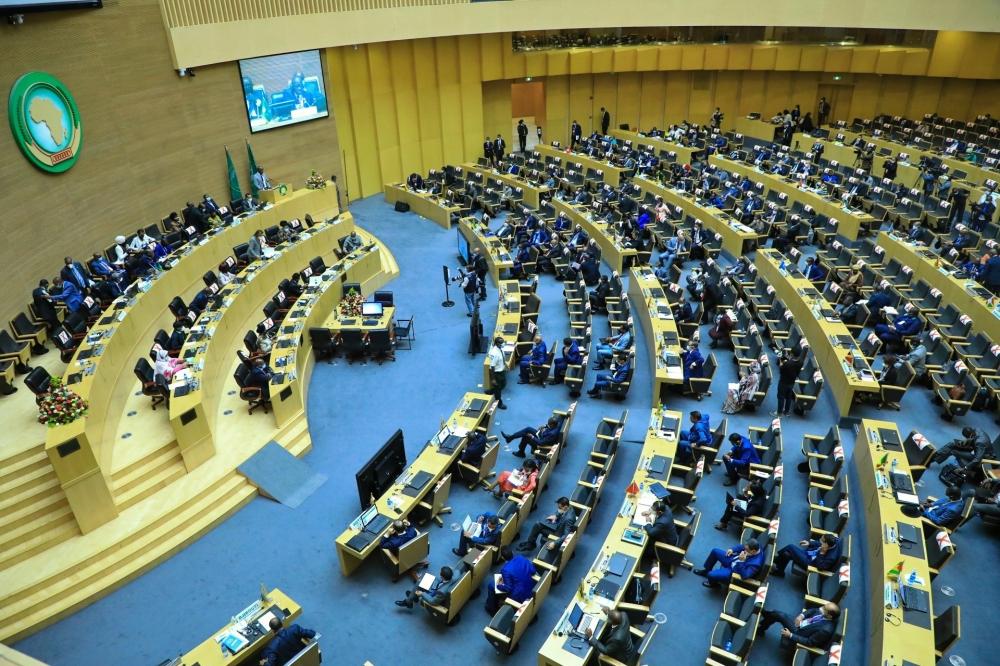Africa-Press – South-Sudan. Economists, development experts, human life improvement druids or whoever understands these things, I beg your indulgence. What is the difference between Least Developed Countries (LDCs) and poor countries, if it’s not that they are all poor?
But no! Some organisations have listed those LDCs and poor countries which I, in my ignorance, thought would be in the same way, only to find them listed so differently it baffles. The only thing the ten at the bottom share is being African.
While in the group of ten poorest countries you find South Sudan, the DRC and Malawi, you won’t find them in the LDCs group. And Burkina Faso, Mali, Guinea and Guinea Bissau are in the latter, but not in the former. It makes you smell a ‘rat of cooking’.
In determining poor countries, they list low Per Capita Income, slow growth rate, economic inequalities, low level of living standards, low rate of capital formation and backward techniques.
LDS are marked by inadequate technology and capital. But isn’t it the case for poor countries?
Isn’t it ditto for low saving rates? Dual economies (advanced farming together with traditional farming); varying dependence on international trade; rapid population growth; low literacy and school enrolment; unskilled labour force and poorly developed institutions?
Personally, all the above spell claptrap to me!
Except to some level in Scandinavian countries, where don’t you find glaring economic inequalities and backward techniques among most advanced economies? Haven’t you been approached by a person in these countries who asked you to help them fill a form because they are practically illiterate? Can’t we cite more?
If they ask me – of course they won’t! – they should descend from their multi-storeyed building offices – where they consult their laptops for statistics – and get down to the homes of the people of these countries, see the different lifestyles, and only then give us their verdict.
Let’s talk about Rwanda which they place as 24th among the LDCs, a little better but not exactly a flattering position. As for being among the world’s poorest countries, I don’t precisely know her position. What I know is that it’s not one to write home about, either.
But consider a villager on her/his own humble land but enough to host fields with different crops and to them, throw in a couple of animals (some cows, goats, chickens, more). She/he has a permanent house and separate kitchen behind, all lit by a few electric bulbs. Consider, too, the fresh air that the family enjoys.
There is running tap water at a spitting distance. A school for those of his/her three children who have not yet gone for their secondary or tertiary education. A health facility and they are all beneficiary of health insurance – Mutuelles de Santé – which they get for a song. Nearby, there are shops, a market, milling factory, dairy, the lot.
But apart from hiring a tractor now and then, paying farm hands, paying taxes, school fees and selling and buying a few things, the family hardly engages in any other fiscal activity.
Remember, villagers are the majority in African countries. Pray, does such a villager appear on the radar of the development gurus of these organisations?
Now let’s take the UK that’s among the rich and Most Developed Countries (MDCs). Consider a London sleek civil servant or employee of any company, organisation. He/she works for these but he/she and his/her money never come in contact.
His/her credit card does all his/her transactions. It pays his/her flat in a congested skyscraper, pays health insurance, shopping, washing machine, cooker, fridge, microwave, car/daily commuter tube, laptop, mobile phone, occasional concert or film, on and on, all on loan.
“On loan” because the card does not have to have credit on it till the salary falls due.
He/she comes in contact with free fresh air only once in a while at Hide Park or the shores of the Thames. But, mind you, this latter will only be possible during summer time.
These kinds of workers are the majority in these rich and MDCs.
Such a worker is rich and most developed because he has adequate technology, adequate capital, high saving rate, feeds on products of advanced farming and is fully involved in international trade? His/her country has slow population growth, high literacy and school enrolment, skilled labour, highly developed institutions? Well, give me another!
Of course, every African country would like to be among the MDCs. And, save for the countries that court strife as if wishing to permanently play in the mire like kids as their best thing in the world, there is no doubt many African countries are inching there. But while we aspire to get there, may we take a different route and create ourselves a better space?
Already, the light is shone by the fact that the BRICS has overtaken the G7 in global GDP. That “S” stands for South Africa. Much as it’s been performing disappointingly, it’s evidence that other African countries can get there.
Heed the adage “l’union fait la force”, Africans. Let’s come together and work in unison for the sake of Mother Africa’s rapid growth!
For More News And Analysis About South-Sudan Follow Africa-Press






